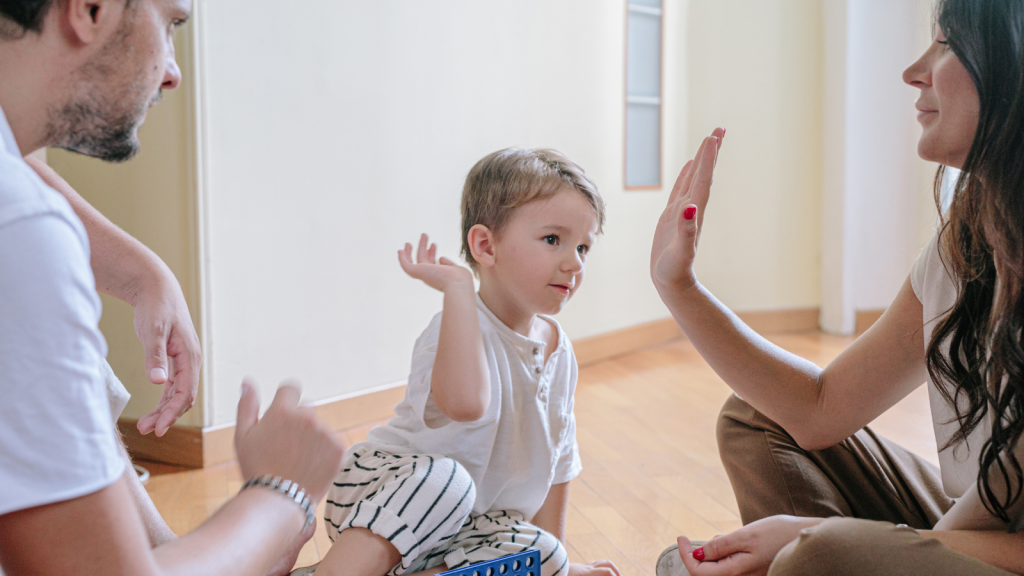Co-parenting after divorce can be challenging, but with the right strategies, both parents can together to provide their kids a secure and caring environment. These tips will help ensure a positive co-parenting relationship.
Key Takeaway:
- Co-parenting after divorce requires open communication, consistency, and mutual respect. Prioritizing children’s needs, creating clear boundaries, and using co-parenting tools can make the transition smoother and foster a supportive, balanced environment for everyone involved.
How can parents co-parent effectively after a divorce?
To co-parent effectively after a divorce, focus on maintaining open communication, creating a consistent schedule, and keeping children’s well-being at the center. Use shared calendars, respect boundaries, and stay flexible to meet children’s changing needs.
Visit https://paducahdivorcelawyers.com/ for more details.
Co-Parenting Tips After Divorce
- Prioritize Open Communication: Communication is vital in any relationship, and co-parenting is no exception. Keep communication clear, respectful, and child-focused. Use neutral language to avoid misunderstandings, and consider using written communication tools like emails or apps to document discussions. Remember, the focus should always be on the children’s well-being, not past conflicts.
- Establish Consistent Routines: Children thrive on routine, especially during times of change like a divorce. Collaborate with your co-parent to create a consistent schedule for bedtimes, meals, and extracurricular activities. Maintaining similar routines at both homes helps children feel more secure and reduces anxiety.
- Use Co-Parenting Tools: Co-parenting apps or shared calendars can help keep track of your child’s schedule and ensure both parents are on the same page regarding appointments, events, and pick-up/drop-off times. These tools provide a neutral way to manage logistics and reduce miscommunication.
- Respect Boundaries: Divorce often comes with emotional challenges, but setting healthy boundaries is essential for effective co-parenting. Keep conversations focused on the children, avoid unnecessary personal interactions, and respect each other’s parenting styles within reason. Boundaries create a respectful co-parenting environment.
- Be Flexible When Necessary: While consistency is crucial, flexibility is equally important. Life happens—schedules change, emergencies arise, and plans need adjustment. Being flexible when possible fosters a sense of cooperation and models positive problem-solving behavior for your children.
- Focus on the Children’s Needs: Always keep your children’s emotional and physical needs at the forefront. Don’t force children to choose sides in disputes or place them in the center of them. ensuring that both parents feel devoted to and supportive of them, despite the divorce, is essential to their well-being.
- Avoid Bad-Mouthing the Other Parent: Never speak negatively about your co-parent in front of your children. Doing so can create confusion, guilt, and loyalty conflicts. Kids gain when they witness their parents working together and treat each other respectfully, even if they’re no longer together.
- Plan for the Long-Term: Co-parenting isn’t just about day-to-day logistics; it’s also about long-term decision-making. Work together on significant life choices, such as education, health care, and other major decisions. Presenting a united front helps children feel supported and secure in their future.
- Use Neutral Drop-Off Locations (if needed): If face-to-face interaction is complex, consider neutral locations for pick-ups and drop-offs, such as a school or daycare. This strategy minimizes conflict and helps maintain a peaceful exchange.
Seeking balance in your parenting approach, our comprehensive guide offers actionable solutions to make parenting a more rewarding experience.
Conclusion:
Effective co-parenting after divorce requires commitment, patience, and mutual respect. By prioritizing open communication, establishing consistent routines, and focusing on the well-being of the children, both parents can create a stable and positive environment for their kids. With flexibility, healthy boundaries, and a long-term mindset, co-parenting can provide children with the support they need to thrive despite the changes in family structure.






